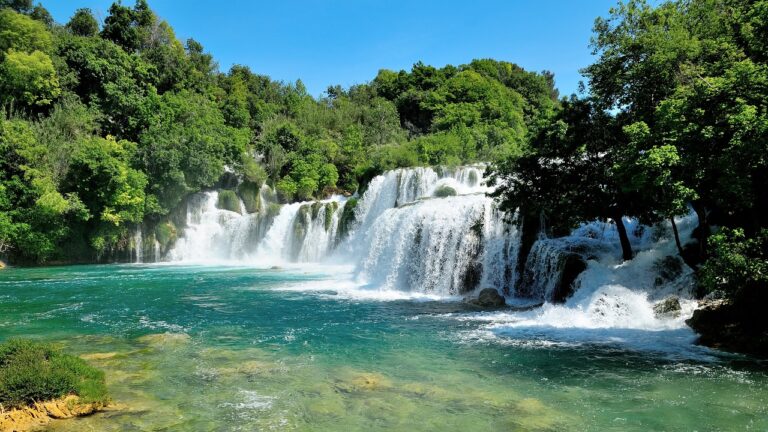The evolution of luxury travel: beyond opulence
Experiential travel has witnessed a significant surge in popularity in recent years as travelers increasingly seek more than just superficial sightseeing. This trend reflects a desire for deep, meaningful connections with the places visited, often characterized by engaging in local activities, learning about different cultures, and interacting with communities in a more authentic way. Travelers are now prioritizing experiences that allow them to immerse themselves fully in the destinations they visit, creating lasting memories and a greater appreciation for the world around them.
Gone are the days when travelers were content with merely ticking off popular tourist attractions from their bucket list. The focus has shifted towards creating genuine, off-the-beaten-path experiences that offer a deeper understanding of a destination’s heritage, environment, and people. From homestays with local families to hands-on workshops with skilled artisans, experiential travel opens up a world of possibilities for those seeking to explore, learn, and grow through their journeys.
Emphasis on authentic and immersive experiences
Travelers today are seeking more than just superficial interactions with new destinations. They want to dive deep into the local culture, traditions, and way of life. This desire for authenticity drives the demand for immersive experiences that offer a genuine connection with a place and its people.
Authentic and immersive experiences allow travelers to break away from the tourist stereotypes and truly engage with a destination. Whether it’s learning about traditional cooking methods from a local chef, participating in a cultural festival, or staying with a family in a remote village, these experiences provide a genuine insight into the local way of life. Travelers are actively seeking out these opportunities to create meaningful memories and forge connections that go beyond the surface level of a destination.
Shift towards sustainable and responsible travel practices
Travelers today are increasingly prioritizing sustainability and responsibility when choosing their travel destinations and activities. They are seeking ways to minimize their environmental impact and support local communities. This shift towards sustainable and responsible travel practices is reshaping the tourism industry, with more emphasis on eco-friendly accommodations, ethical wildlife experiences, and carbon offsetting initiatives.
Tourism operators and governments are also adapting to this evolving trend by implementing regulations and guidelines to promote sustainable practices. From reducing single-use plastics to supporting indigenous communities, the focus is on creating a positive social and environmental impact through tourism. As more travelers become conscious consumers, the demand for authentic and responsible travel experiences continues to grow, driving the industry towards a more sustainable future.
• Travelers prioritize sustainability and responsibility in choosing destinations
• Emphasis on minimizing environmental impact and supporting local communities
• Shift towards eco-friendly accommodations, ethical wildlife experiences, and carbon offsetting initiatives
Tourism operators and governments are also adapting to this trend by implementing regulations and guidelines to promote sustainable practices. From reducing single-use plastics to supporting indigenous communities, the focus is on creating a positive social and environmental impact through tourism. As more travelers become conscious consumers, the demand for authentic and responsible travel experiences continues to grow, driving the industry towards a more sustainable future.
What is experiential travel?
Experiential travel focuses on engaging in authentic and immersive experiences that allow travelers to connect with local cultures and communities.
Why is there a shift towards sustainable and responsible travel practices?
There is growing awareness of the environmental and social impacts of tourism, prompting a shift towards more sustainable and responsible travel practices to minimize negative effects and support local communities.
How can travelers participate in sustainable and responsible travel practices?
Travelers can participate by choosing eco-friendly accommodations, supporting local businesses, minimizing waste and carbon footprint, and respecting the local culture and environment.
What are some examples of sustainable travel practices?
Examples include using public transportation or walking instead of driving, reducing plastic waste by carrying a reusable water bottle, supporting conservation efforts, and staying in eco-friendly accommodations.
How can travelers ensure they are having an authentic and immersive travel experience?
Travelers can engage with locals, try local cuisine, participate in cultural activities and events, and explore off-the-beaten-path destinations to have a more authentic and immersive travel experience.





